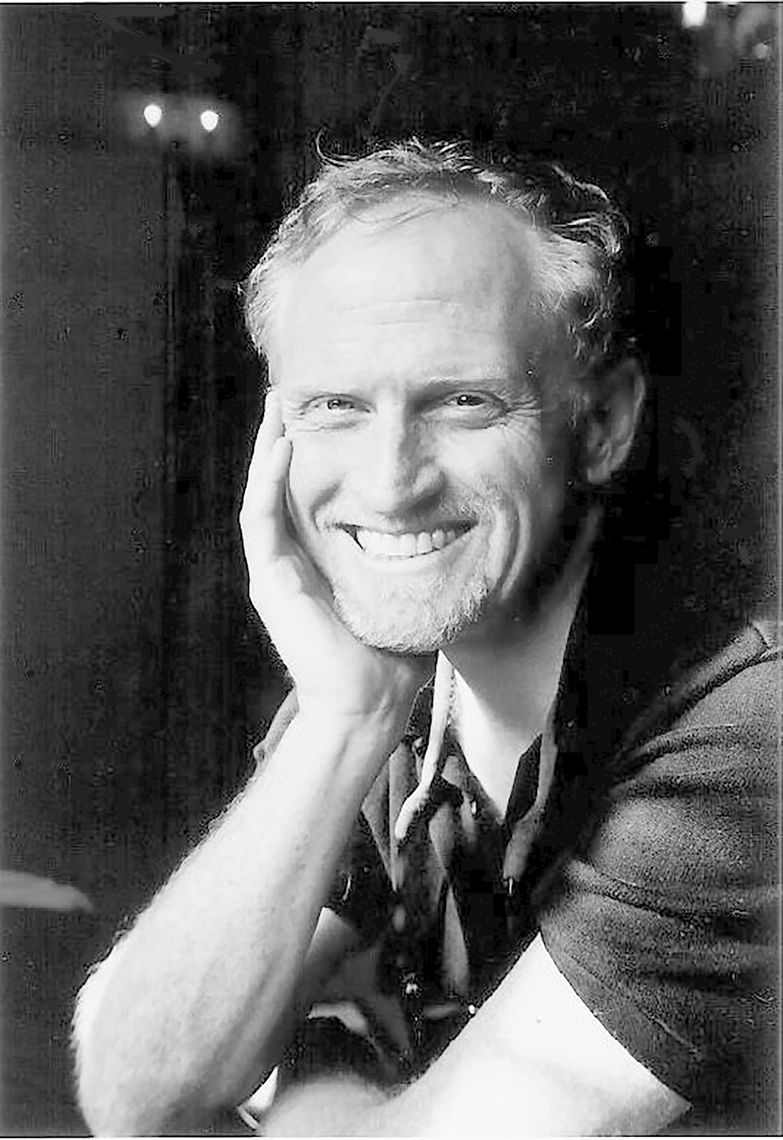Snoop Dogg is born, Julian Assange is born. Already it is coming,
already the new century—though we have hardly begun
to imagine the death of the old—is taking shape around us.
Babies are crying in nurseries, toddlers are shaking their rattles.
A tennis star is born in Germany, a footballer in Nigeria.
Downhill skiers are born, prime ministers, business tycoons,
pop stars whose images will paper the streets of Tokyo and Bangkok.
Barack Obama is ten years old. Hillary Rodham has just begun
to date her down-home Yale Law classmate, Bill Clinton.
Vladimir Putin is a student at Leningrad State University.
Major General Idi Amin Dada seizes power in Uganda.
Century of integrated circuits & blue plastic radios,
century of self-conscious fabrication, century of human moons.
Larry Page and Sergey Brin will not be born for two more years,
information technology is a euphemism for paper and pencil.
At MIT, Ray Tomlinson decides to employ the @ sign
in the address of the very first email, which he sends
over the ARPANET to another computer in the same room:
“Don’t tell anyone,” he confesses to a friend,
“but this is not what we’re supposed to be working on.”
Uma Thurman is an infant. Princess Diana is a shy girl
in boarding school; she will not survive the century.
Tupac Shakur is born but he will not survive it.
Jim Morrison dies in a bathtub in Paris—no one here gets out alive.
The south tower of the World Trade Center is topped out
at 1368 feet, officially the tallest building in the world.
In Kafr el-Sheik, Mohammed Atta is three years old.
Coco Chanel dies. Reinhold Niebuhr, Igor Stravinsky
and Louis Armstrong die. Lance Armstrong is born.
The future is being assembled in the expanding neural webs
of six-year-olds, in the atoms of the yet-to-be-incarnated
beings we imagine as holographic ghosts sitting awkwardly
in the waiting room of the future. Adriano Moraes,
the Brazilian rodeo champion, is one; Wyclef Jean is two.
Agnes Martin will not resume painting for three more years.
The 20th Century is vanishing, o radiant century,
century of quarter notes & treble clefs, of chalk on black paper,
century of deliverance & self-deception, expediency & lies.
Duane Allman crashes his Harley, Edie Sedgwick o.d.’s,
Dean Acheson and Gene Vincent die on the same day.
George Seferis dies. Pablo Neruda wins the Nobel Prize
but has only eighteen months to live. Bertrand Russell,
Yukio Mishima and Jimi Hendrix were buried last year.
Ogden Nash has died; no one lives forever, but he tried.
Lin Biao is dead, his coup against the aging Mao a failure.
Deng Xiaoping has been sent to the provinces for reeducation
at the Xinjian Country Tractor Factory: he will reemerge.
China will follow the Capitalist road; to be rich is glorious.
Alan Shepard hits the very first golf ball on the moon.
Daisuke Enomoto, Japan’s first space tourist, is born.
George Lucas directs his first film, Wes Anderson is two
Kubrick releases A Clockwork Orange, Guillermo del Toro is seven.
Jimmy Wales attends a Montessori school in Alabama:
Wikipedia cannot be found in any glossary or reference text.
Soon there will be no need for glossaries or reference texts.
Bird is dead, Monk is crazy, Miles has turned his back,
Elvis is lost, John Lennon no longer believes in Beatles.
As Disney World opens the Manson Family are on trial
and America’s largest underground nuclear test, Cannikin,
detonates beneath Amchitka in the Aleutian Islands.
Behold, I am alpha and omega. The world is being destroyed,
the world is being created anew; the century is dying,
the century is being born. The clock is ticking.
